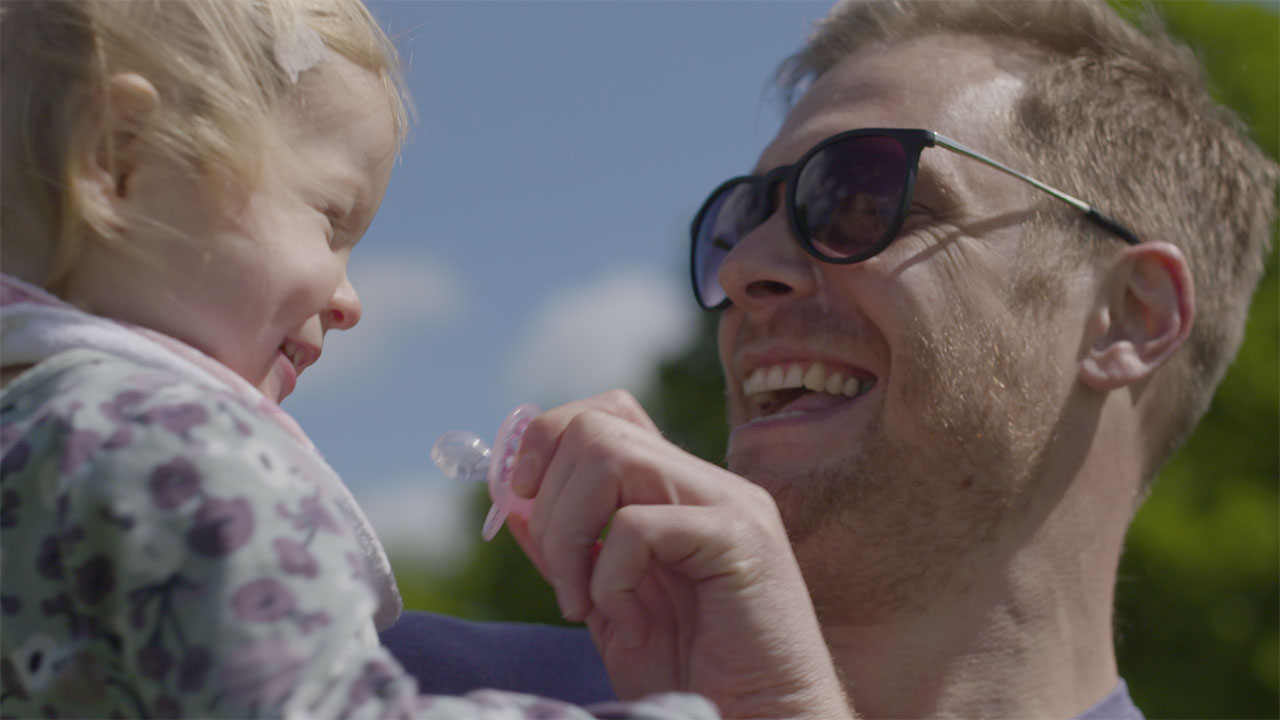What is liability?
Simply put, liability means somebody is legally responsible for something. This could be anything, but some examples are:
- A building
- Road
- Finances
- The level of care you receive
- The level of training you receive
In some cases, liability is clear - if somebody owns a building, then it's likely they're legally responsible for its upkeep. In other cases, liability can be questioned and may even need to be proven. This can sometimes be the case with personal injury claims.
When someone is legally responsible for something and an accident happens because of negligence or a lack of care, then usually this person, organisation or business become liable for your accident and when a claim is made, they will be responsible for your compensation.
Why is liability important to your injury claim?
Liability is important when making an injury claim because, without it, there's nobody responsible for your accident, claim or compensation. If nobody is liable for your injury, then we might not be able to help you get the compensation you need to help make it right.
We know you may be feeling unsure whether someone else is liable for your injury, so when you start a compensation claim with us we'll ask you some questions about your accident and the effect it's had on your life, to help us understand how we can help and whether anybody can be considered at fault (or liable) for your accident.
If we do think you can make a claim, we can put you forward to a specialist solicitor who will look at your claim in more detail. It's ultimately your solicitor's responsibility to decide who's at fault and how that fault can be proven.
How is liability proven?
You don't need to worry about proving liability during your case, as your specialist solicitor will do that for you.
All you'll need to do to help support your claim is provide any paperwork and evidence your solicitor asks for.
You'll also be asked to go for a free medical assessment to help with your claim. Read more about your medical assessment.

Andrew got in touch with us after his accident in a supermarket
I couldn't go to work for the first 6-12 weeks because I couldn't drive. I wasn't able to run around with my kids and I couldn't do all the weekend activities we'd usually do.
What if the other party denies liability?
It's quite common for the other party to deny liability for your accident when you try to make a claim. That doesn't mean your claim is over or unsuccessful, in fact, it means that your solicitor will simply look to prove the other party is liable for your injury by providing further evidence to support your claim.
This could be evidence that you've already supplied to your solicitor, such as references to medical treatment, photographs or witness details, or it may be evidence that is ‘newly obtained'.
If, after the new evidence is given, the other party still denies liability, then you may be advised to issue court proceedings - summoning the other party to court.
This may feel like a daunting step, but don't be put off - the majority of our cases are dealt with without ever seeing a courtroom and there are a couple of intermediary steps to be taken before a case truly goes to court.